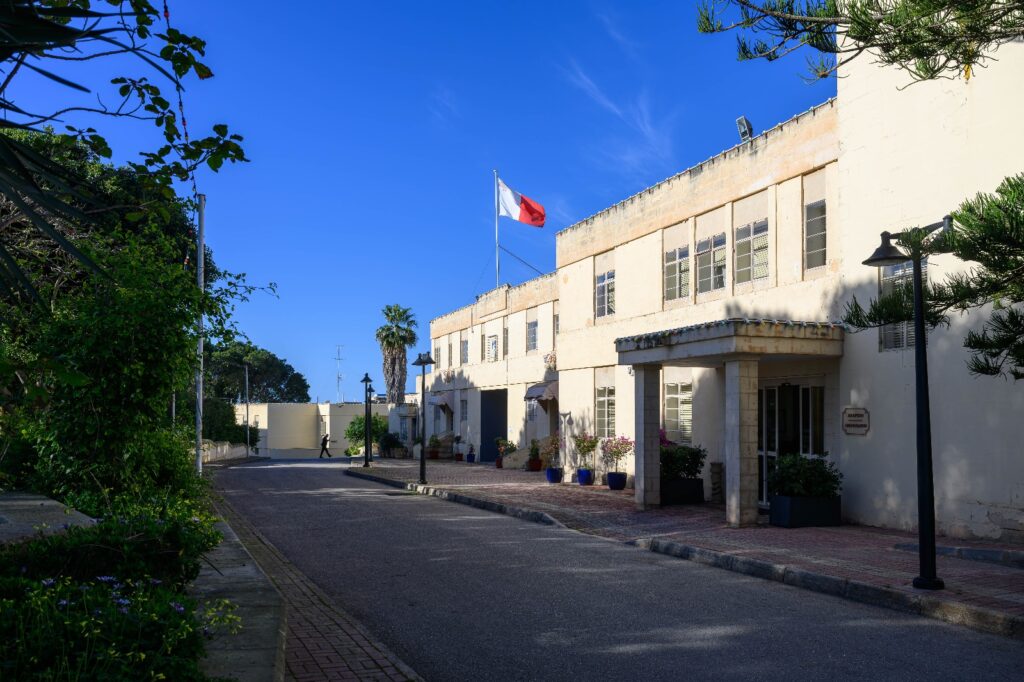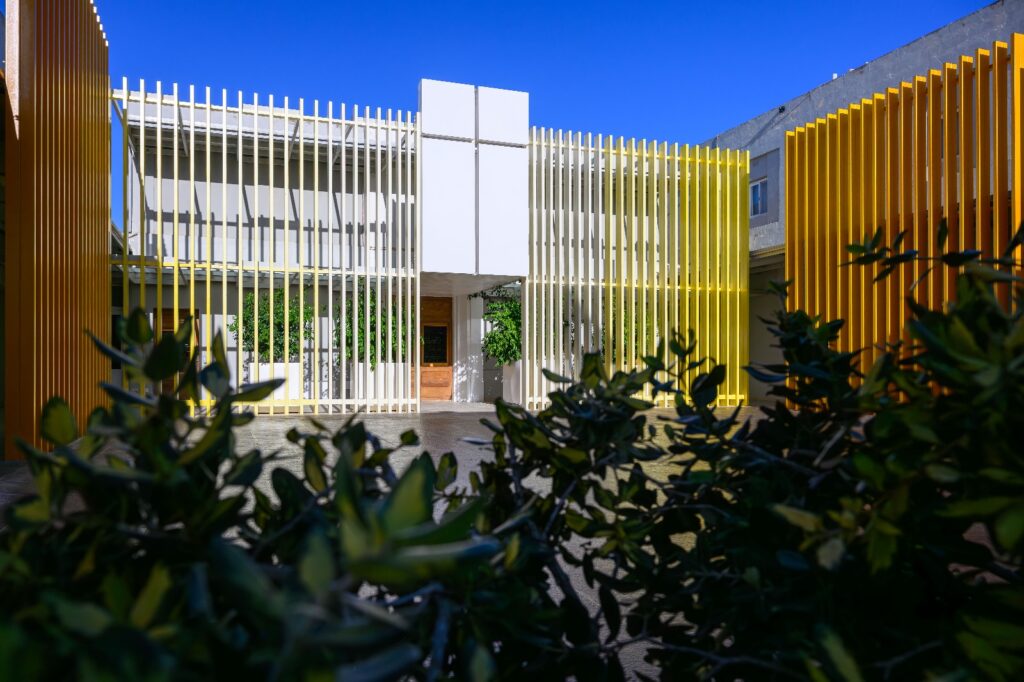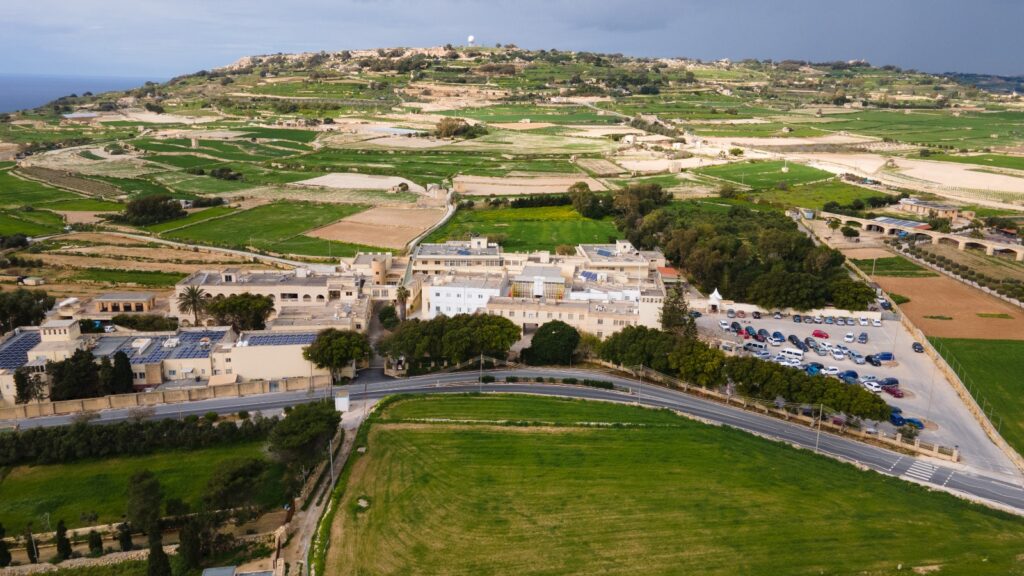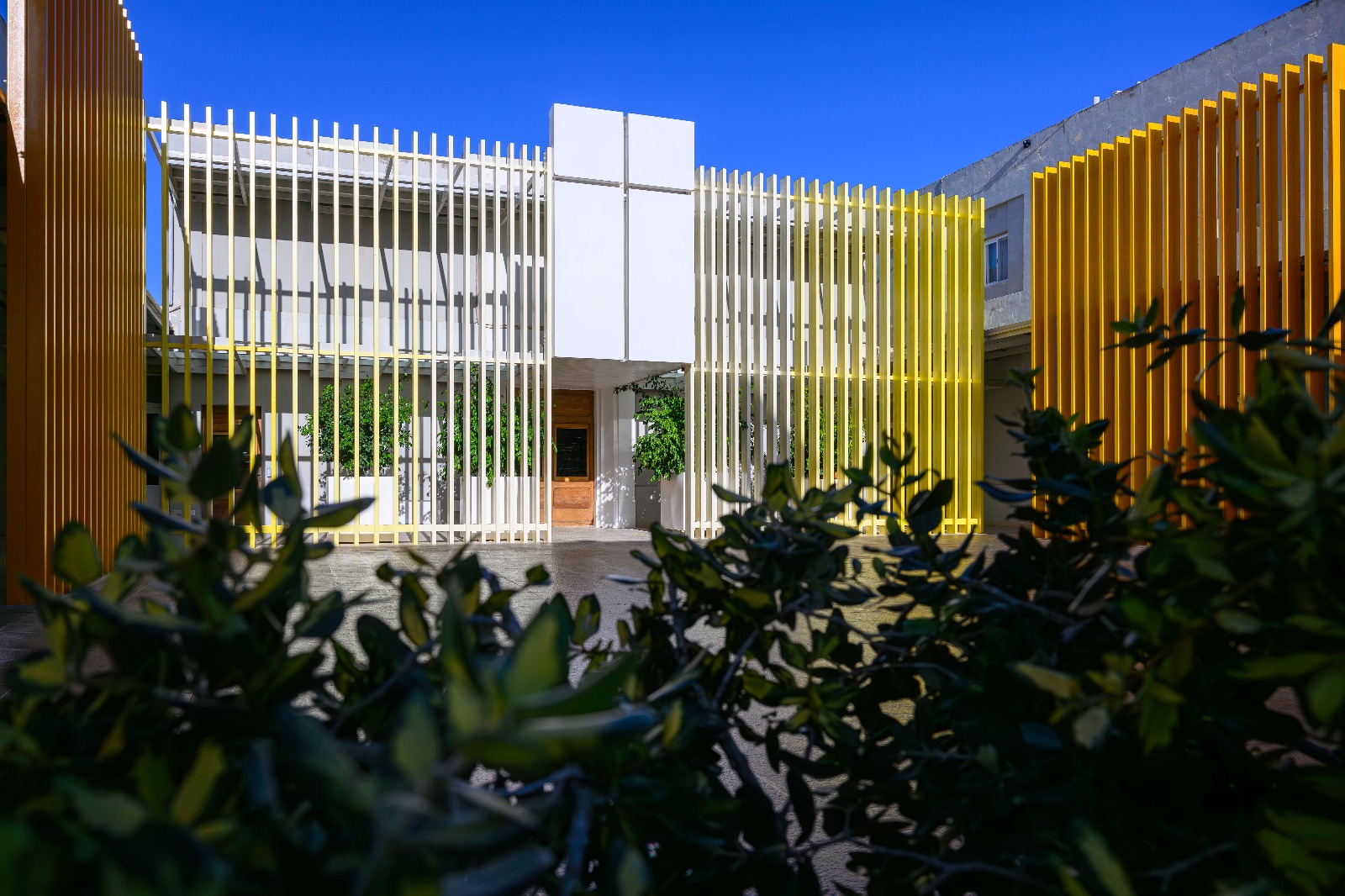
On 12 September 1965, Mgr Michael Azzopardi used his Sunday Rediffusion programme Is-Siegħa tal-Morda to share an audacious dream: a home offering residential services to persons with disabilities in Malta. Before this date, he had already sought properties in Floriana, Gżira and Ħal Lija, but lacked the means to purchase one. He then considered building on the outskirts of Siġġiewi, where the Maltese Catholic Action rented premises for children’s summer camps—on condition that he secured enough donations.
Soon after the broadcast, a young pharmacist from Floriana knocked on his door. She donated £m100—money she had saved to go abroad—to help realise his dream. Mgr Azzopardi saw this as a sign from God. Within two years, the first-ever home for persons with disabilities in Malta opened in Siġġiewi. For him, 12 September was not just a date but the true foundation day of Id-Dar tal-Providenza.
With six decades of hindsight, opening a residential home in an isolated area might appear a retrograde step, especially when other countries were already championing deinstitutionalisation. Yet within Malta’s context, his vision was a revolution. He was a pioneer in defending the dignity of every person, at a time when disabled persons were hidden or forgotten. While the term angels may sound outdated today, Mons. Azzopardi used it to counter a cruel reality. At a time when disabled persons were treated as objects of shame, the word elevated their status, reminding society they were not defined by impairment but by their worth as people. He turned invisibility into recognition, shame into respect, and exclusion into dignity.
Mgr Azzopardi and other pioneers did more than found an institution. They sparked a cultural awakening, dismantling prejudice and reframing disability as a matter of rights, not pity. Following his death in 1987, this awakening accelerated with the creation of the National Commission for Persons with Disabilities, today the Commission for the Rights of Persons with Disability (CRPD). From then on, Malta gradually transformed: equality, accessibility and participation became not dreams but rights guaranteed by law. This was not inevitable; it was built on Azzopardi’s foundation.

Today, Id-Dar tal-Providenza continues his mission, providing residential services for persons with intellectual disabilities and supporting those with complex needs. Its work is not only about shelter but about ensuring dignity, quality of life, and community belonging.
Commemorating Mgr Azzopardi requires more than looking back. It demands courage to confront today’s challenges. Id-Dar tal-Providenza began steps towards deinstitutionalisation with its first community home in 1997. Yet this journey must go further. Deinstitutionalisation is not simply moving people out of large residences; it is about reshaping services around people’s choices, needs, rights and aspirations. It is about realising the UN Convention on the Rights of Persons with Disabilities, affirming their right to decide where, how, and with whom they live. It is about ensuring each person has security, purpose, belonging, and dignity—the hallmarks of a full life.
Being person-centred means recognising that one size does not fit all. It means recognising diversity within disability. We take inspiration from recent Australian research, which highlights a threefold approach: mainstreaming, differentiation, and personal support. Applied to Id-Dar tal-Providenza, this means three commitments.
- First, to provide personal assistance so people can live independently in homes of their choice and pursue the lives they aspire to, supported by services addressing impairment-related needs.
- Second, to offer supported accommodation in small flats or houses for those requiring different levels of support—always ensuring privacy, including individual bedrooms.
- Third, to create specialised environments for persons with complex needs, where intensive support can be provided without compromising dignity.

This is not theory; it is a moral obligation. It is what true inclusion demands. The ultimate test of progress is not the number of services offered but whether persons with disabilities feel their lives reflect their own hopes rather than the convenience of a system.
Sixty years after Mgr Mikiel Azzopardi first spoke into the microphone, Malta again stands at a crossroads. Do we settle for maintaining what exists, or do we dare—as he once dared—to imagine more? If we choose the latter, then his legacy will not only be remembered but alive, still guiding us forward.
Mgr Martin Micallef
Director of Id-Dar tal-Provideza and Episcopal Vicar for Diaconia
This article was published on The Sunday Times of Malta on 14 September 2025.





